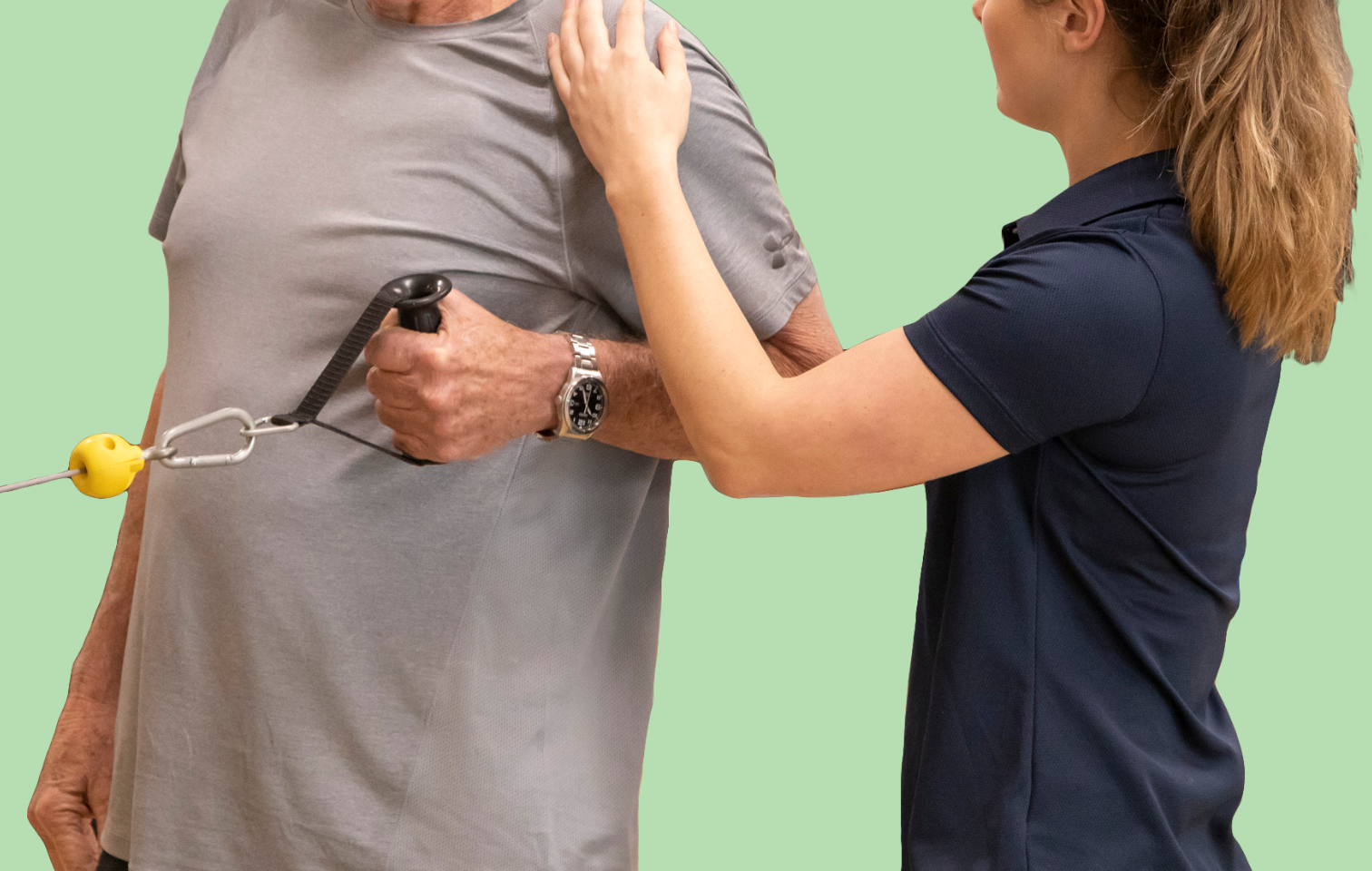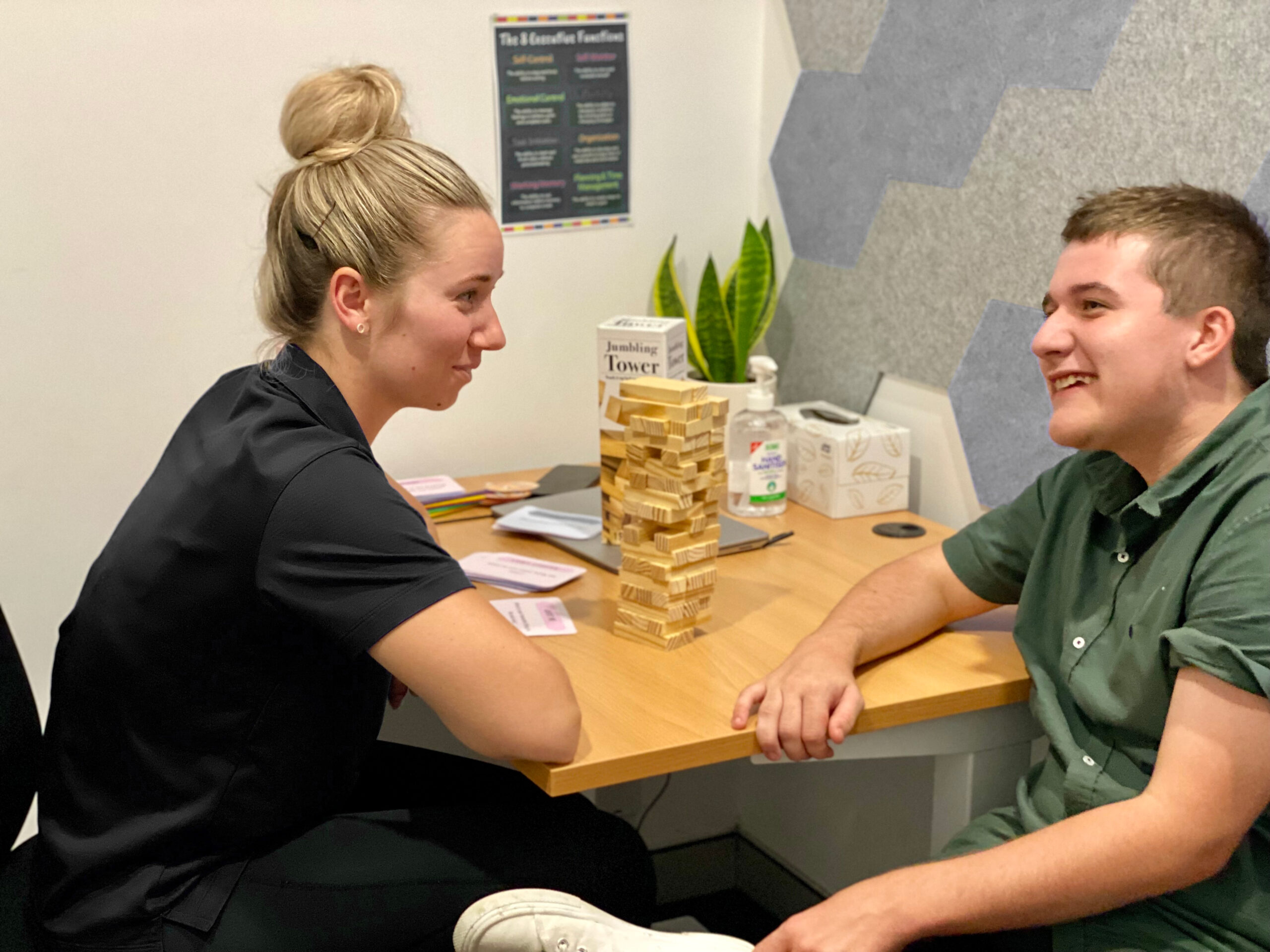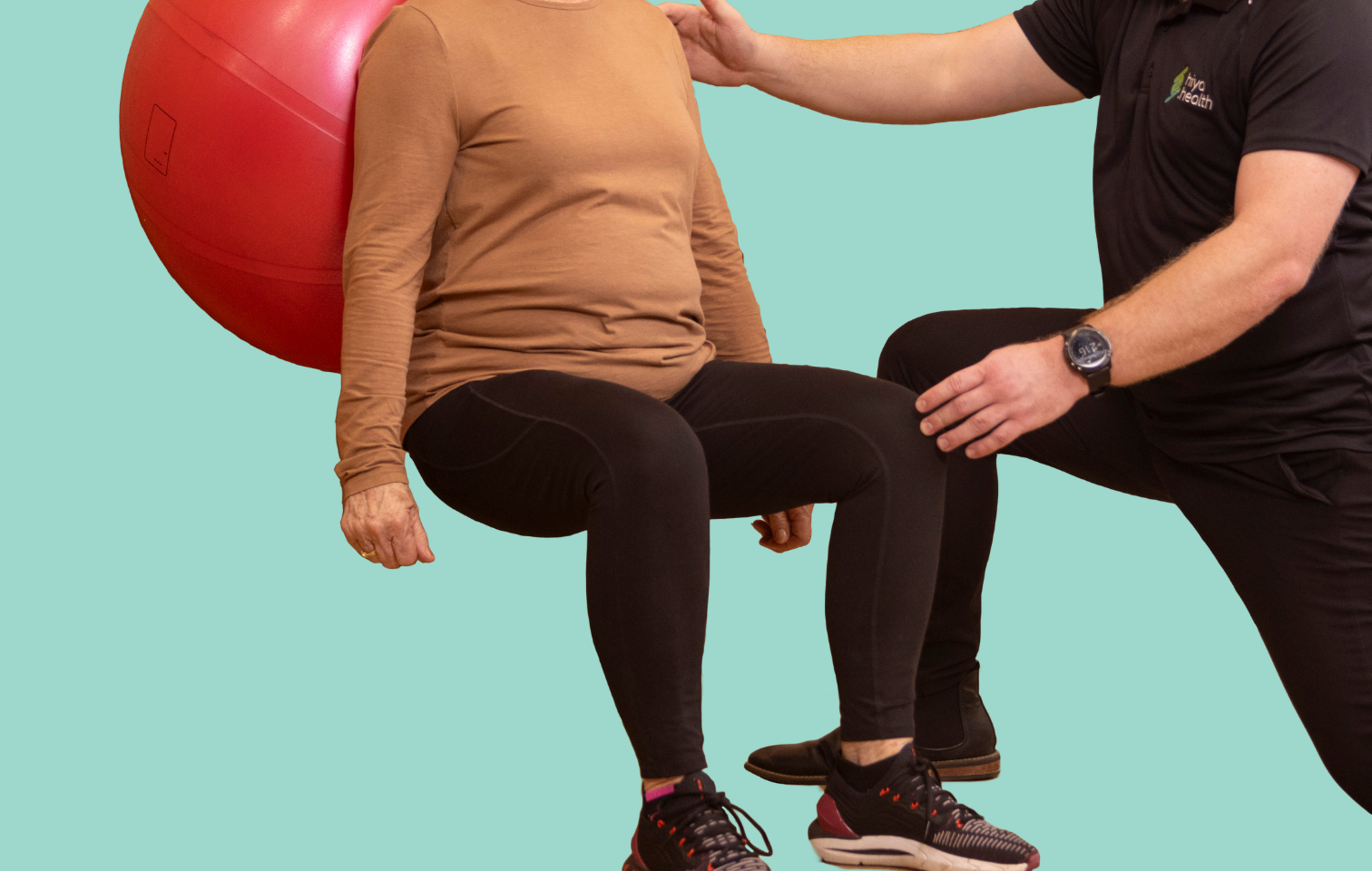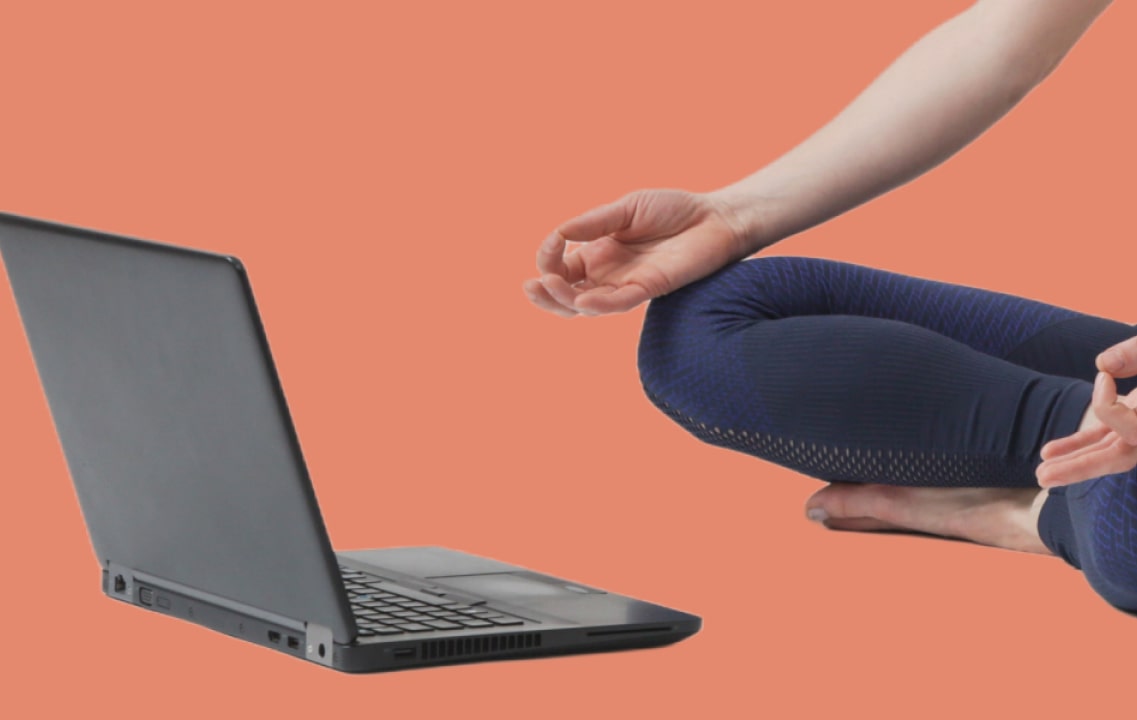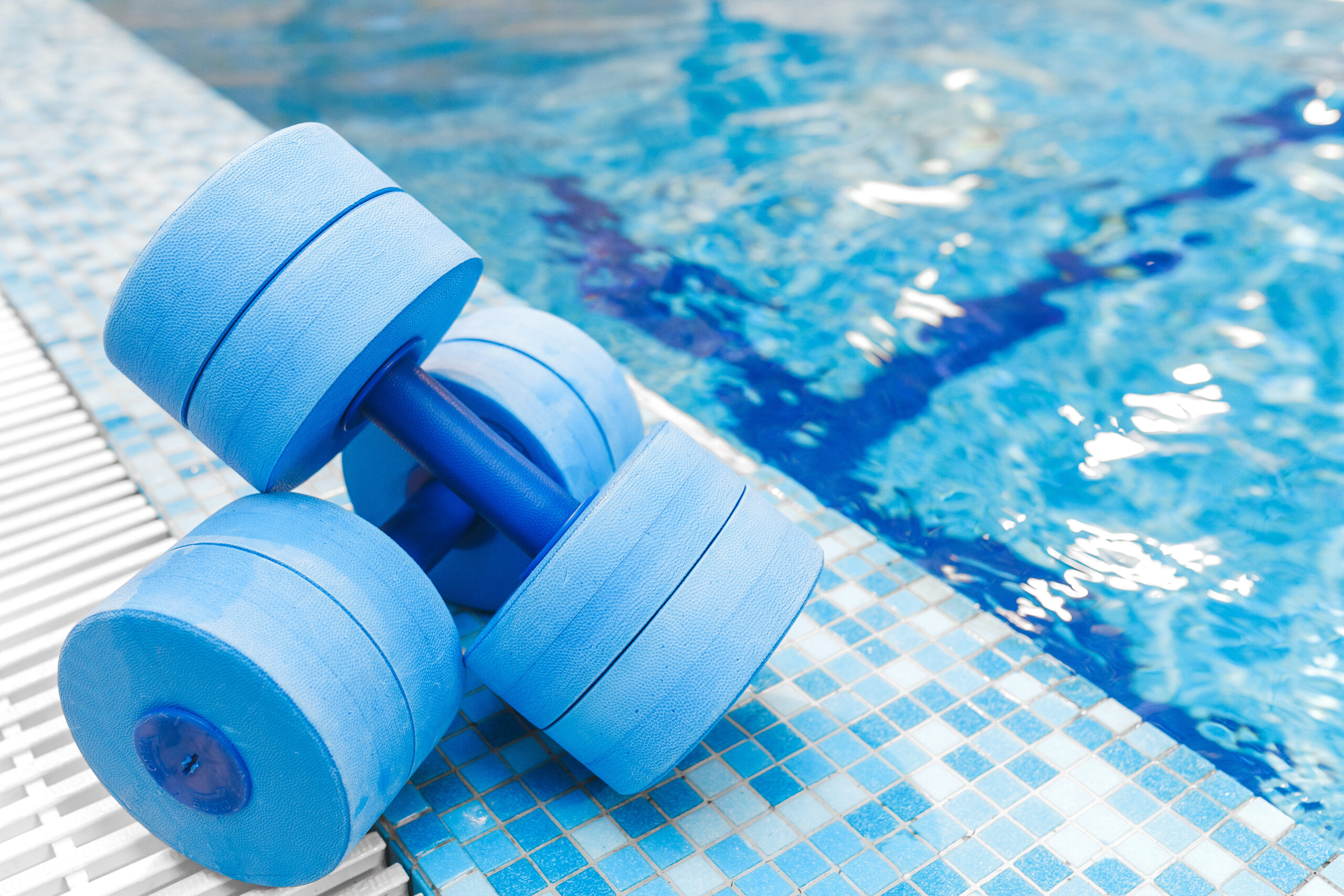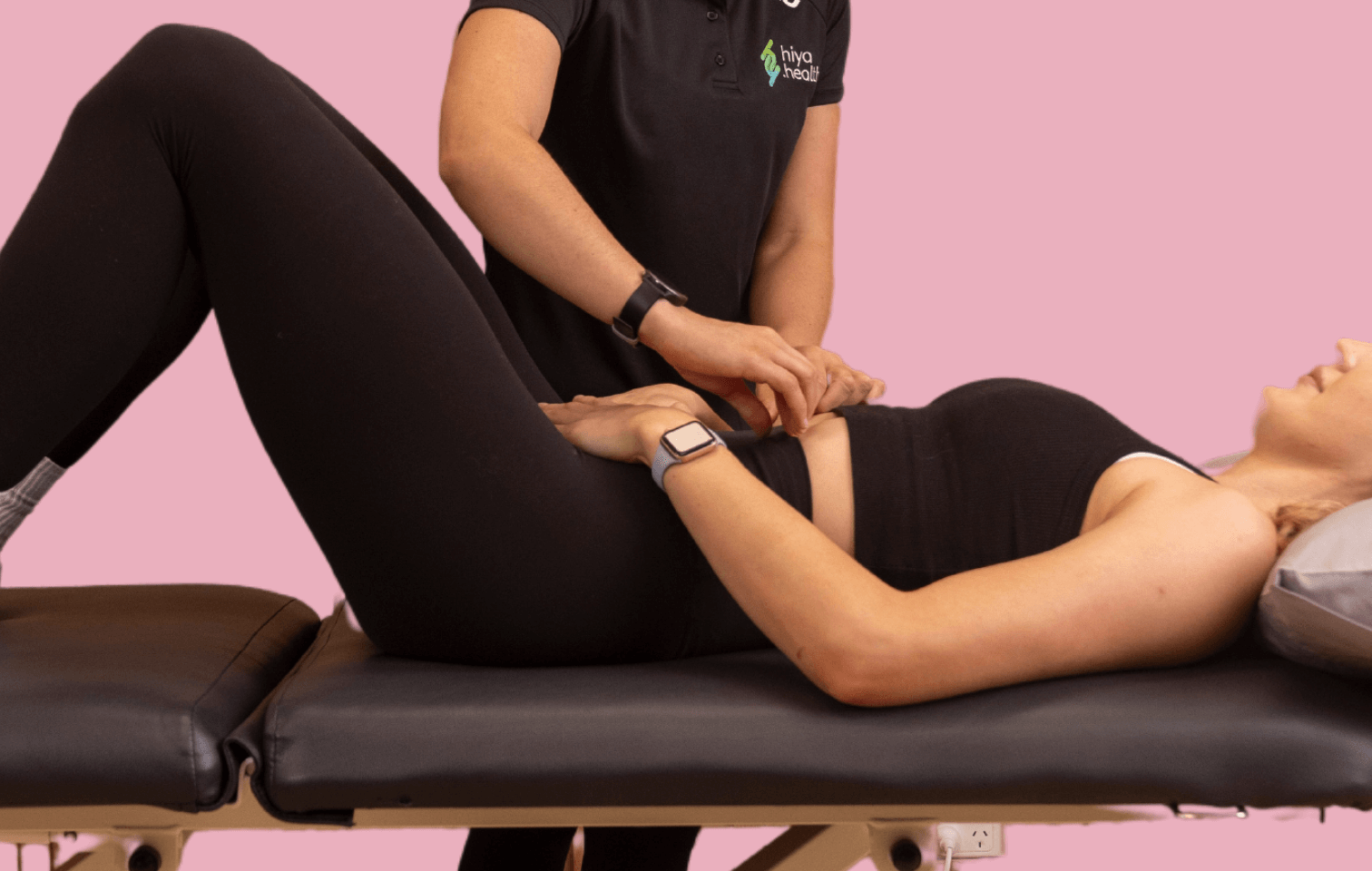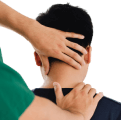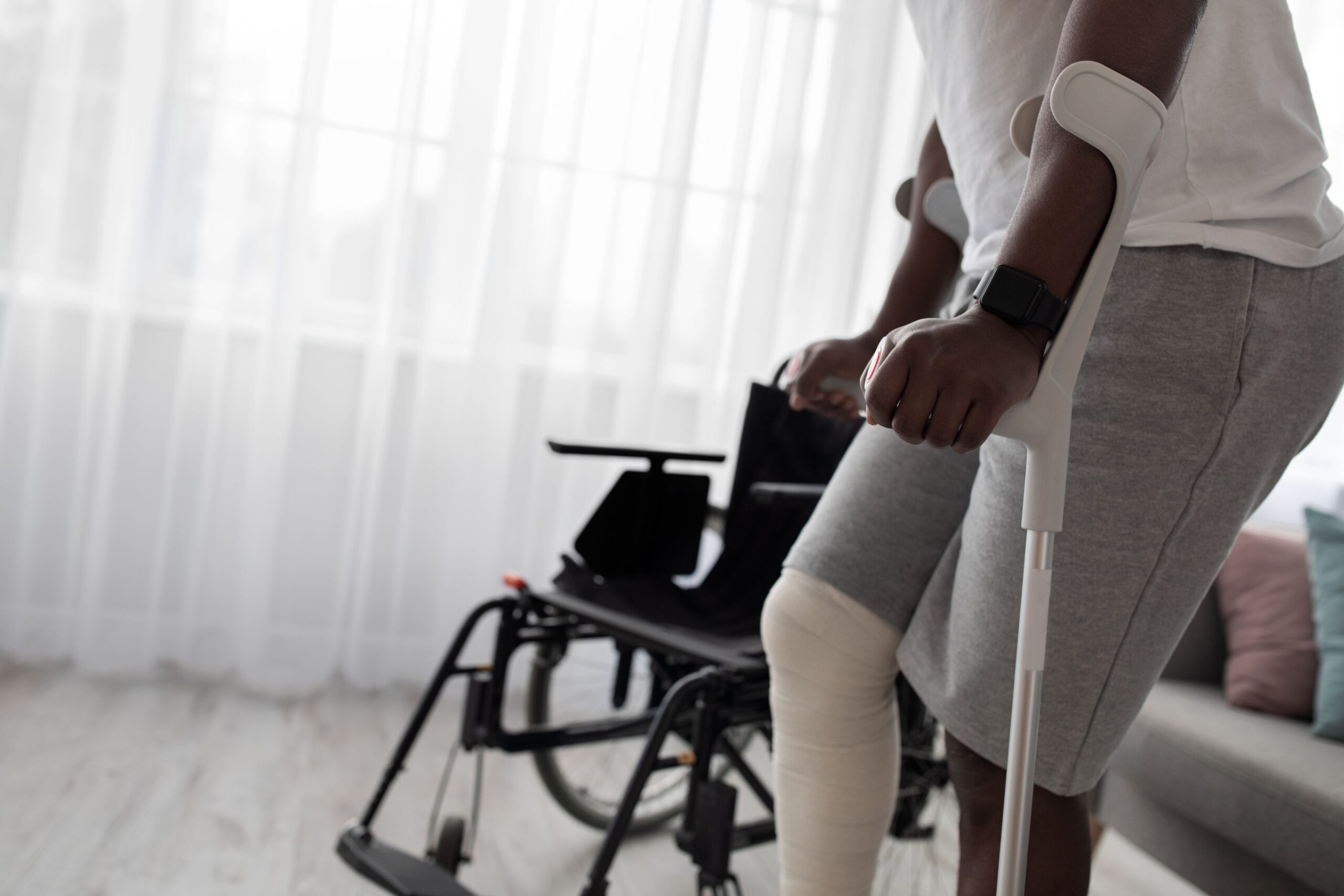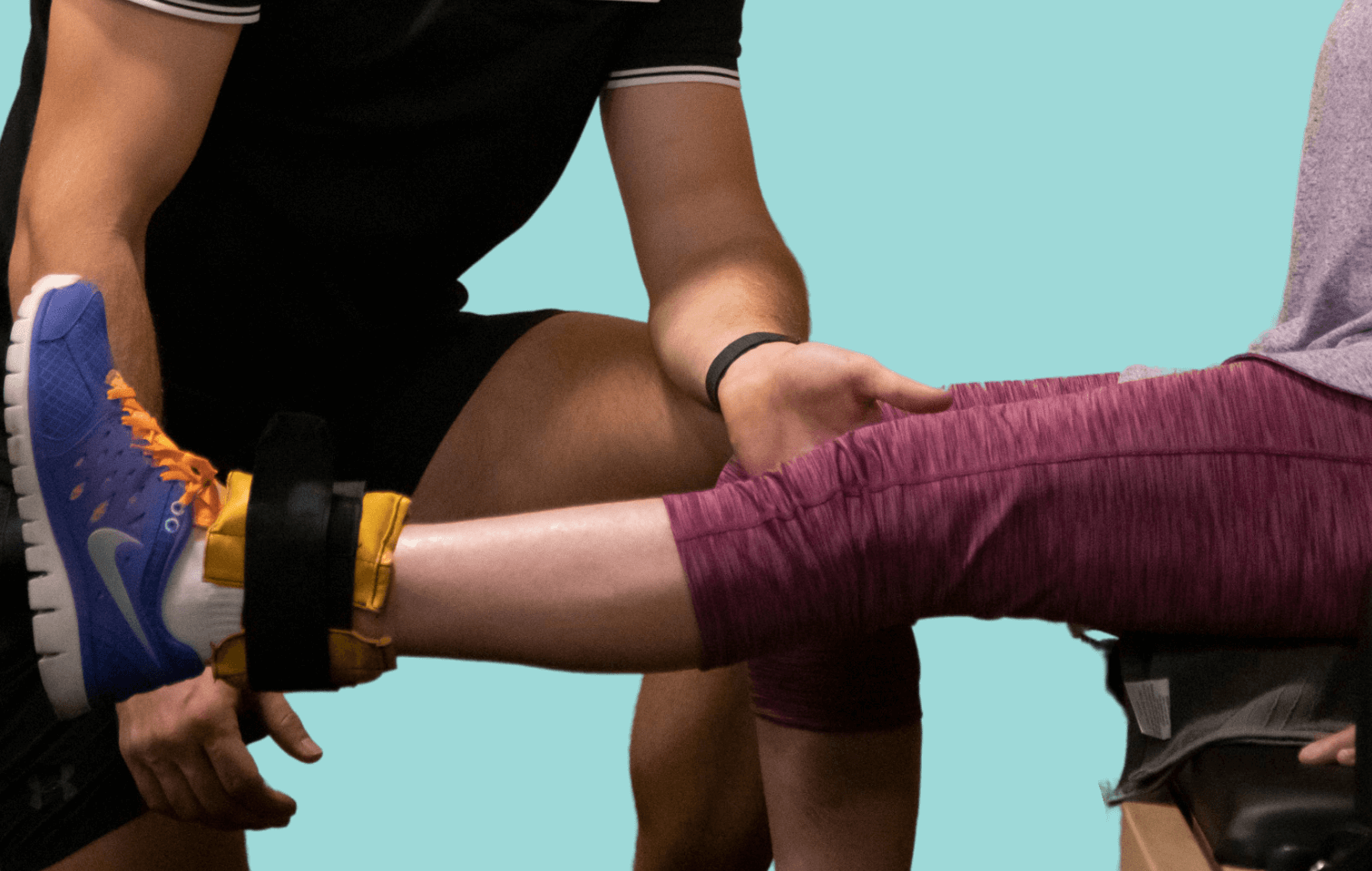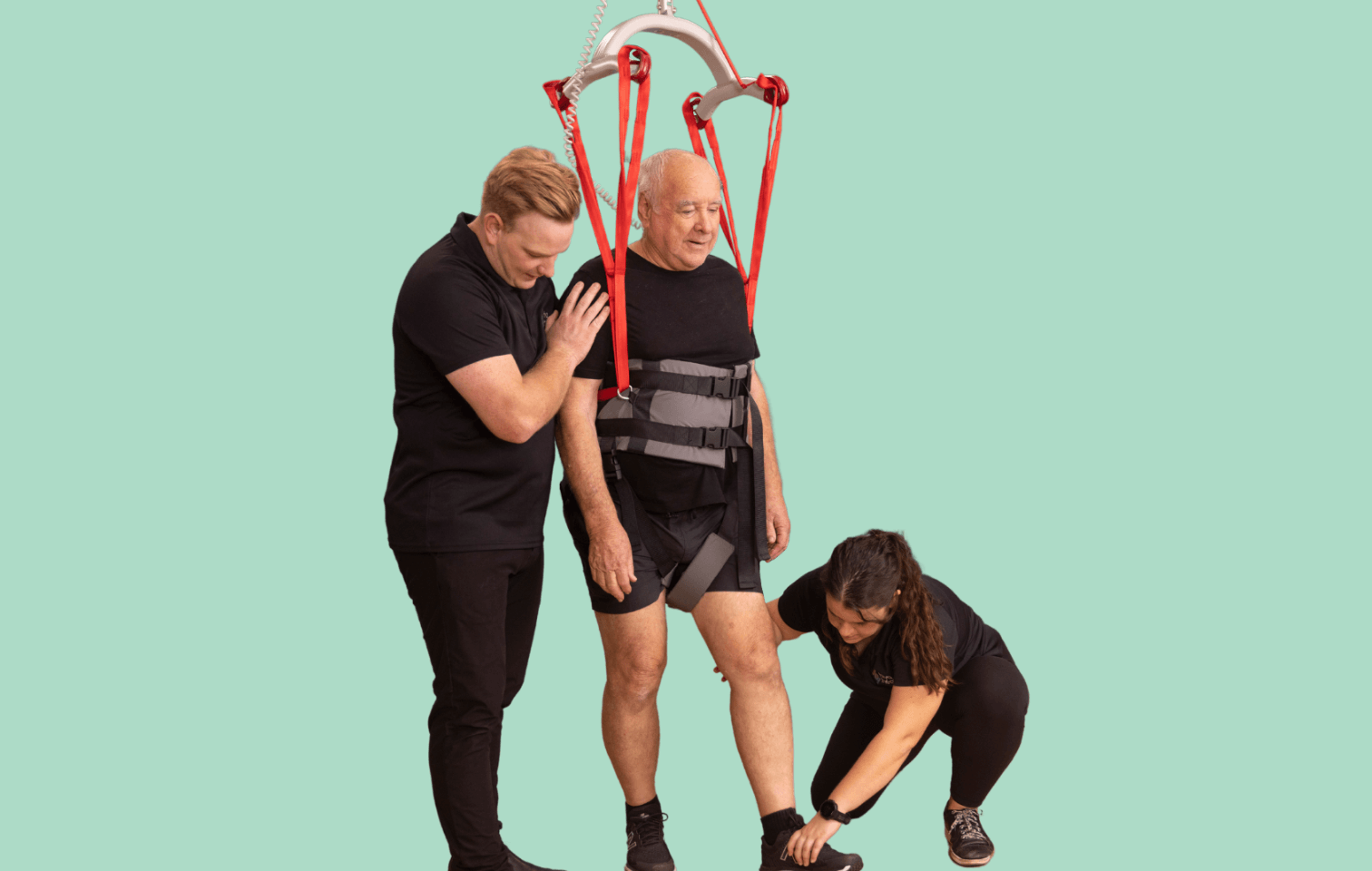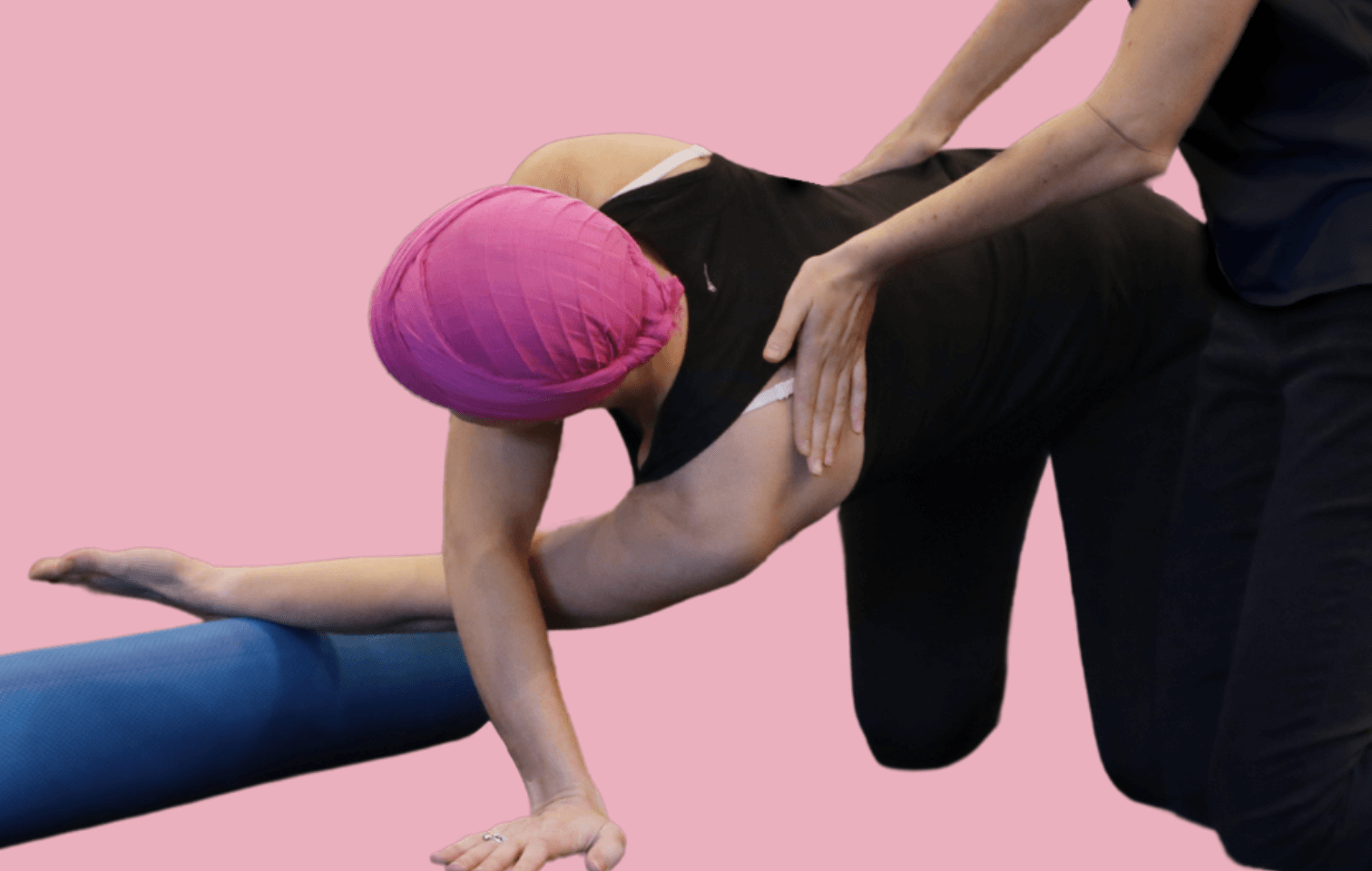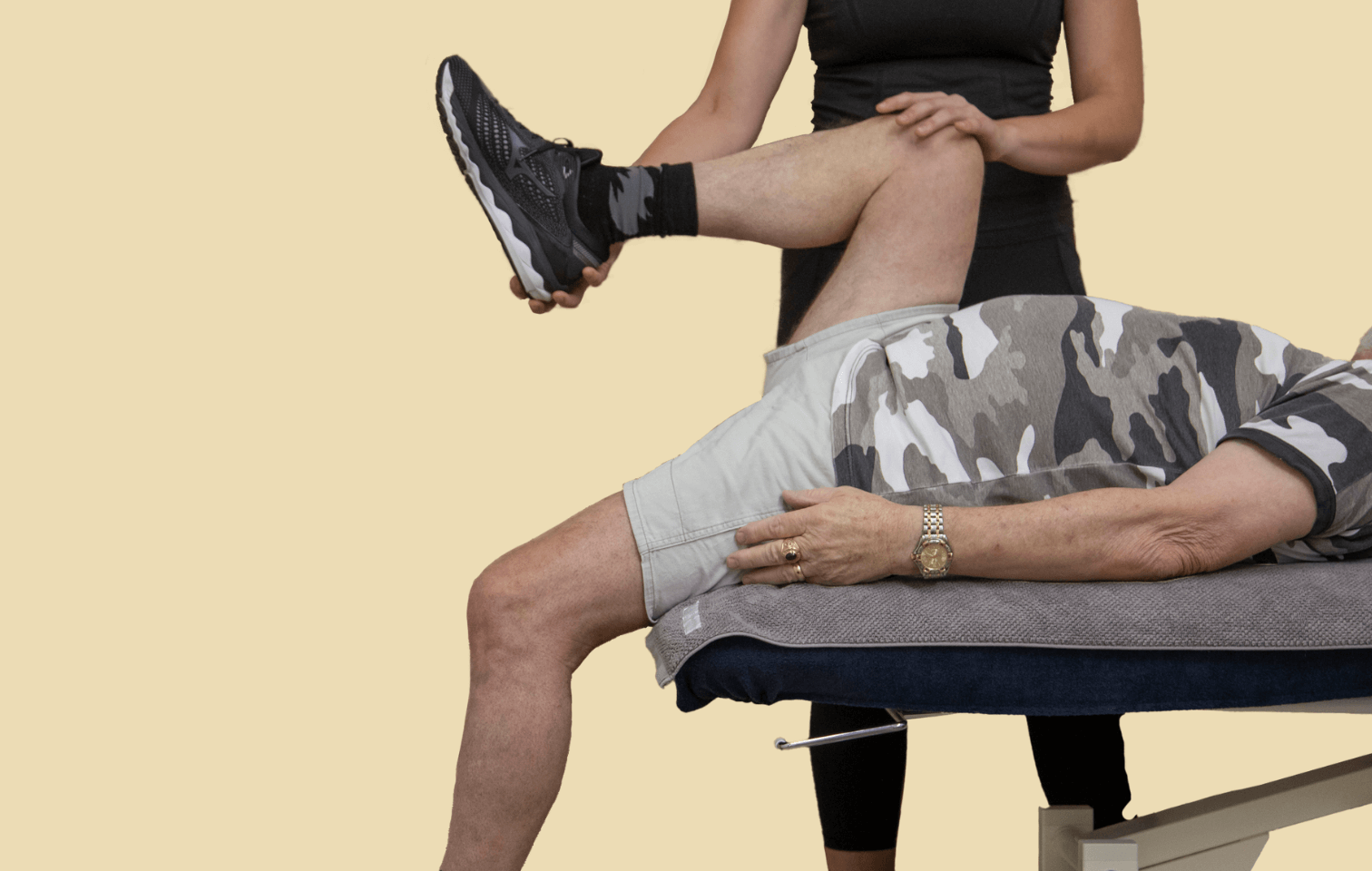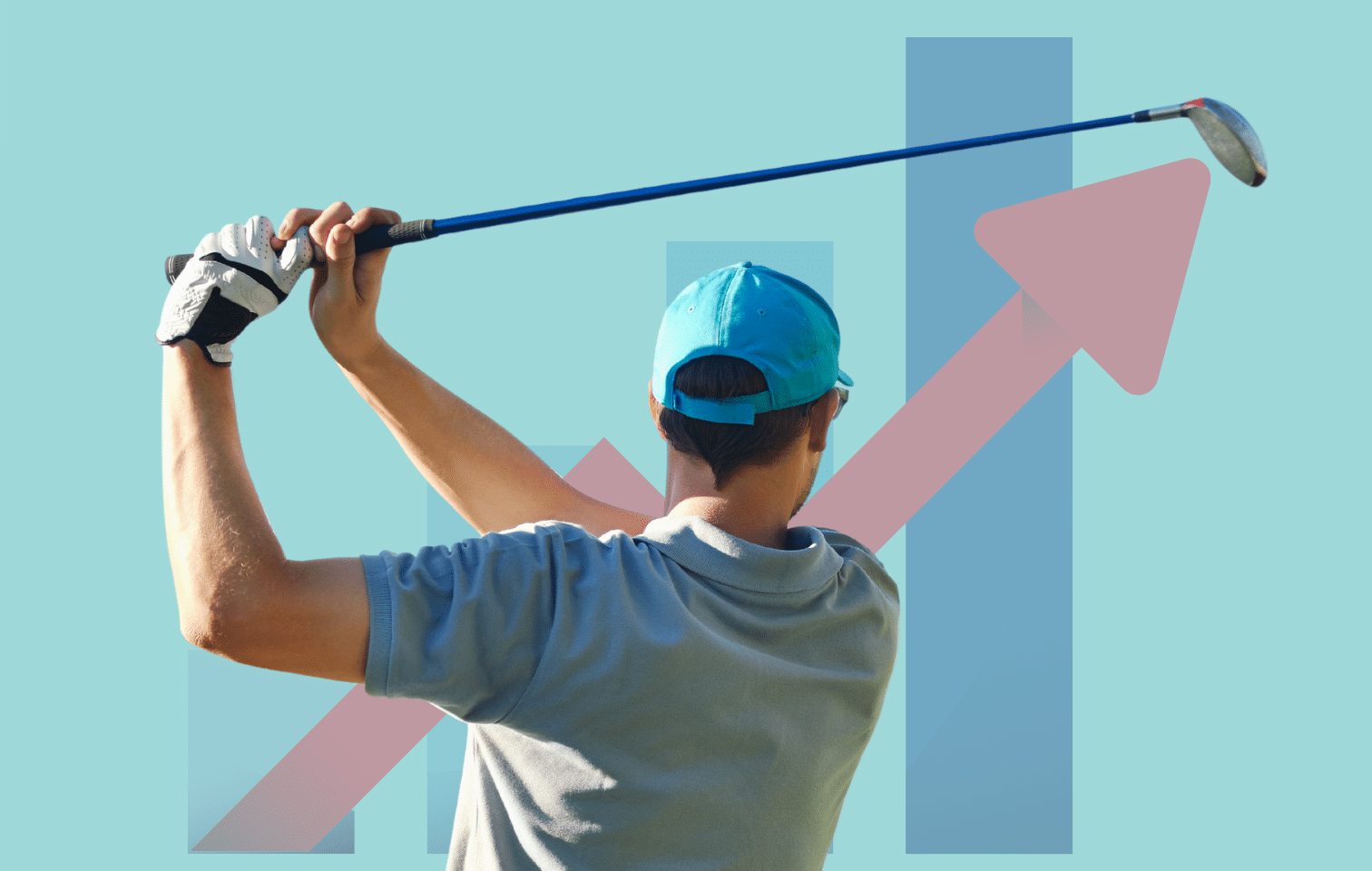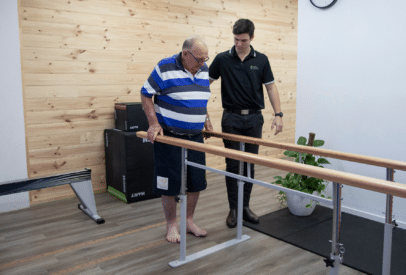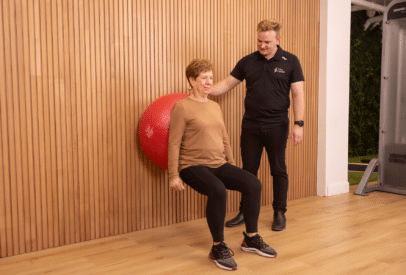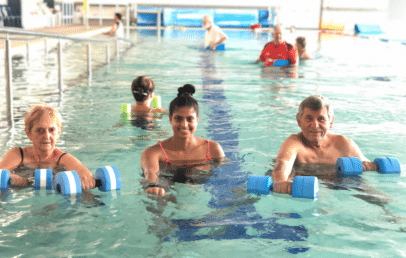Physiotherapy Treatment for Children with ASD
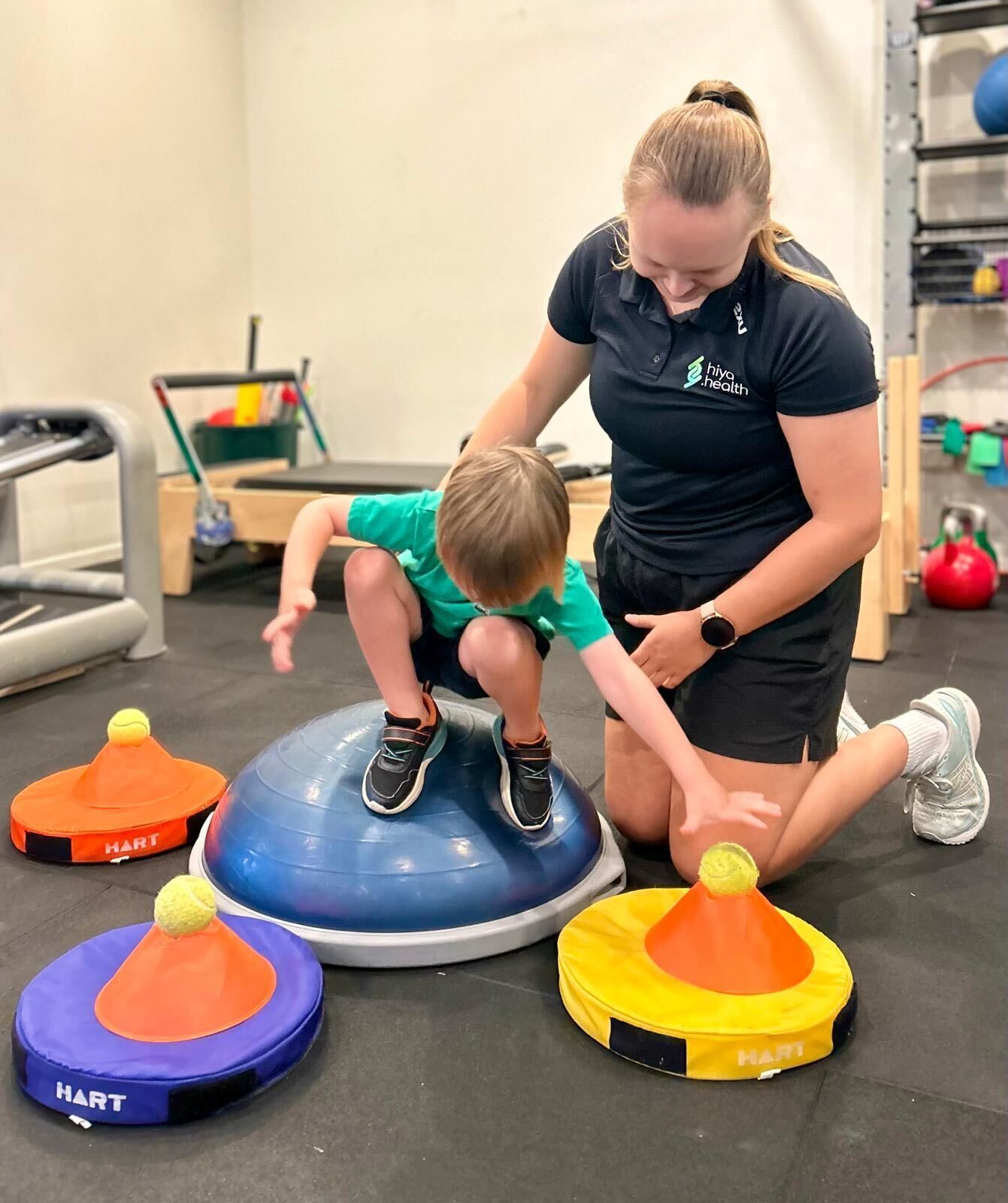
What is ASD?
Autism Spectrum Disorder (ASD) is a complex developmental and neurological condition that can impact various aspects of a child’s life. While motor impairments are not part of the official diagnostic criteria for ASD, many children with this condition experience difficulties with motor skills, particularly in areas like balance, coordination, and strength. These challenges can affect participation in everyday activities, such as play, learning, and social interactions, limiting their overall quality of life.
How Can Physiotherapy help patients with ASD?
At Hiya Health, our Physiotherapists work with children with ASD to improve motor function and enhance overall well-being. Physiotherapy plays an essential role in developing core strength, coordination, and balance, which are critical for engaging in daily activities, boosting confidence, and promoting independence.
Key Benefits of Physiotherapy for Children with ASD
- Improving Motor Skills Children with ASD often struggle with both fine and gross motor skills. Physiotherapy helps enhance their balance, coordination, and body control, making everyday activities such as dressing, running, and playing more manageable.
- Enhancing Body Awareness & Sensory Integration Many children with ASD face challenges in understanding their body’s position in space. Physiotherapy can support the development of body awareness and improve sensory processing, allowing them to adapt more easily to their environment.
- Core Strengthening Core strength is essential for balance, posture, and overall coordination. Strengthening core muscles helps improve physical stability, making it easier for children with ASD to engage in activities like walking, running, and sitting properly. Stronger core muscles also contribute to better gross motor skills, as shown in research (Burnett et al., 2011).
- Boosting Social Skills Through Movement Physiotherapy offers opportunities for social interaction through group activities, where children can practice turn-taking, following instructions, and collaborating with peers. These structured interactions foster social skill development in a supportive, non-judgmental environment.
- Supporting Communication Skills While physiotherapy is not focused on language development, it helps children improve non-verbal communication through enhanced gestures, eye contact, and facial expressions.
Why Choose Hiya Health?
At Hiya Health, our team of skilled Physiotherapists and Exercise Physiologists are committed to creating individualised treatment plans tailored to your child’s unique needs and goals. We understand that therapy needs to be fun and engaging, so we incorporate
play, storytelling, and movement-based exercises to keep your child motivated. We aim to foster growth through enjoyable, hands-on activities that promote the development of gross motor skills in a way that feels natural and exciting for your child.
References:
MacDonald, M., Lord, C. and Ulrich, D. (2013) ‘The relationship of motor skills and adaptive behavior skills in young children with autism spectrum disorders’, Research in Autism Spectrum Disorders, 7(11), pp. 1383–1390. doi:10.1016/j.rasd.2013.07.020. The Benefit Assessment of the Physiotherapy Sessions for Children with Autism Spectrum Disorder . (2020). Baltic Journal of Sport and Health Sciences, 3(118), 25-32.
Mohd Nordin, A., Ismail, J. and Kamal Nor, N. (2021) ‘Motor development in children with autism spectrum disorder’, Frontiers in Pediatrics, 9. doi:10.3389/fped.2021.598276. Burnett, Rachel; Cornett, Nicole; Rekart, Gina; Donahoe-Fillmore, Betsy; Brahler, C. Jayne; Aebker, Susan; and Kreill, Megan, “Investigating the Associations between Core Strength, Postural Control and Fine Motor Performance in Children” (2011). Physical Therapy Faculty Publications. 46.https://ecommons.udayton.edu/dpt_fac_pub/46
Subscribe to e-news
Receive the latest health tips and news straight to your inbox

